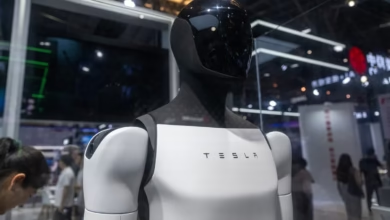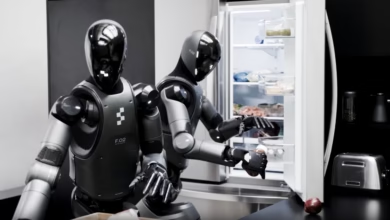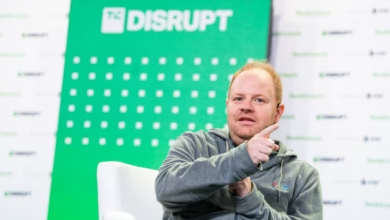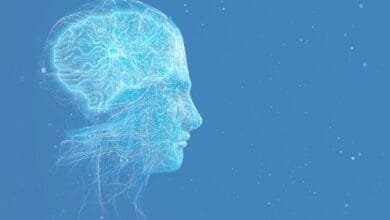Tesla Sues Ex-Optimus Engineer for Trade Secret Theft
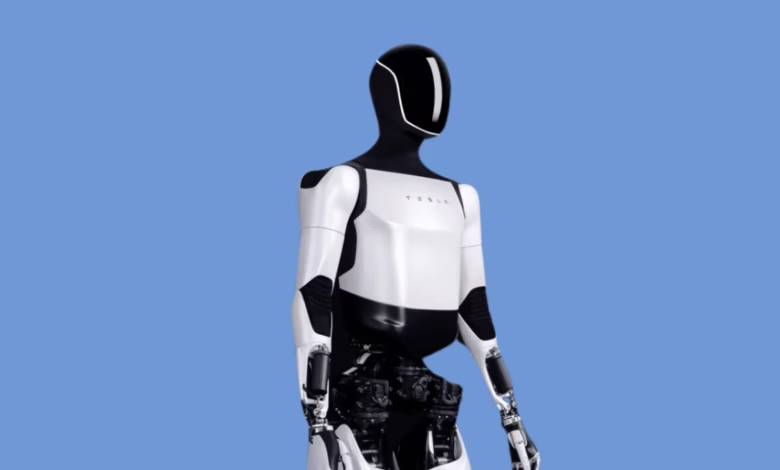
▼ Summary
– Tesla sued former engineer Zhongjie “Jay” Li for allegedly stealing trade secrets from its Optimus robotics program to launch rival startup Proception.
– The lawsuit claims Li downloaded confidential Optimus data, including details on robotic hand sensors, onto personal devices during his employment.
– Li reportedly researched humanoid robotic hands and startup funding on his Tesla computer before leaving the company in September 2024.
– Proception was incorporated days after Li’s departure and later claimed to have built robotic hands resembling Tesla’s designs.
– Tesla’s Optimus program, announced in 2021, has faced delays, with plans to sell the humanoid robot pushed to 2026.
Tesla has taken legal action against a former engineer from its Optimus robotics division, alleging he stole proprietary technology to establish a competing venture. The lawsuit, filed this week, centers on claims that the ex-employee misappropriated sensitive data related to robotic hand sensors before founding his own startup.
According to court documents, Zhongjie “Jay” Li allegedly transferred confidential Optimus project files to personal devices during his tenure at Tesla between 2022 and 2024. The complaint highlights that Li conducted extensive research on robotic hand technology using company resources while simultaneously exploring startup funding options. Shortly after leaving Tesla, he incorporated Proception, a Y Combinator-supported firm focused on developing humanoid robotic hands.
Tesla asserts that Proception’s claimed breakthroughs suspiciously mirror its own proprietary designs, raising questions about the origins of the startup’s technology. Proception’s website promotes its mission to create cutting-edge robotic hands capable of transforming human-robot interaction, though the company has not publicly addressed the allegations.
The legal battle unfolds against the backdrop of Tesla’s ambitious yet delayed Optimus initiative. First announced in 2021, the humanoid robot project has faced setbacks, with CEO Elon Musk recently revising its commercial launch to 2026. During a demonstration last October, Optimus prototypes appeared reliant on remote human operators, underscoring the challenges in achieving full autonomy.
As the case progresses, it spotlights the intensifying competition in humanoid robotics and the measures companies take to safeguard intellectual property. Neither Tesla nor Proception has provided additional comments beyond the court filings. Industry observers will be watching closely to see how the dispute impacts both firms’ trajectories in this rapidly evolving sector.
(Source: TechCrunch)
